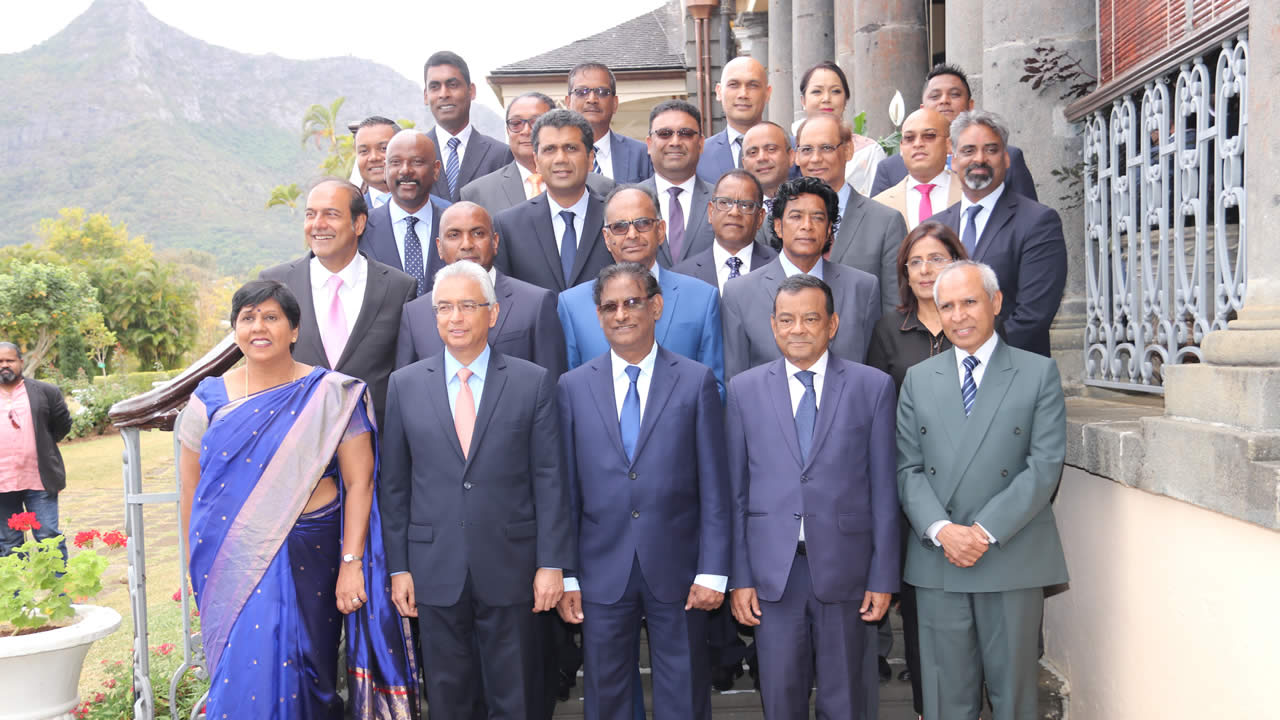
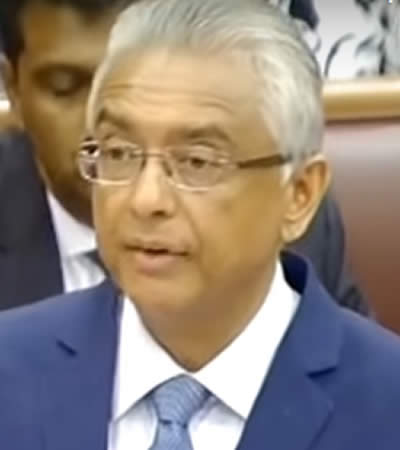
The newly-elected members made their grand entry in parliament on Thursday for the next five years. It was a moment of pride for the neophytes. Interestingly, it has been long time since the country has seen such a young government at its head. With 75% of Cabinet members under the age of 60, the hemicycle of the National Assembly looks like it has been given a facelift.
The first session kicked off at 11:30 with the swearing-in of allegiance by the elected members. The Assembly then proceeded with the election of the Speaker, the Deputy Speaker and the Chairman of Committees. It is during this first session itself that the names of the Chief Whip and Deputy Chief Whip were designated. After a few sessions, it will be the holidays until the end of March 2020. The time for the new ministers to master the key files of their ministry to be able to answer the parliamentary questions (PQ) and especially the Private Notice Questions (PNQ) of the leader of the Opposition.
Sooroojdev Phokeer as Speaker and Zahid Nazurally as Deputy Speaker
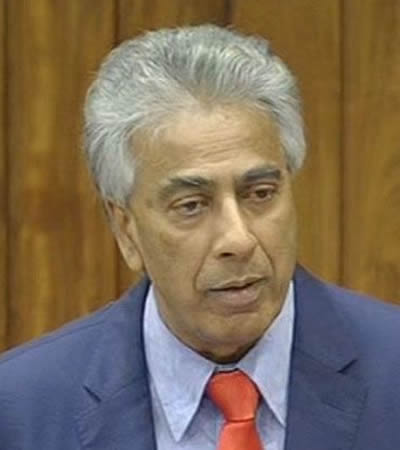
Sooroojdev Phokeer is the new Speaker of the National Assembly and replacing Maya Hanoomanjee in this constitutional post. He is a Barrister-at-Law of the Honourable Society of Lincoln's Inn, London. He holds several Post Graduate Diplomas in Law, Diplomacy and Management. Mr Phokeer is also well-known for his contribution as a social worker whereby he has also been the Chairperson of the Mauritius Federation of Young Farmers.
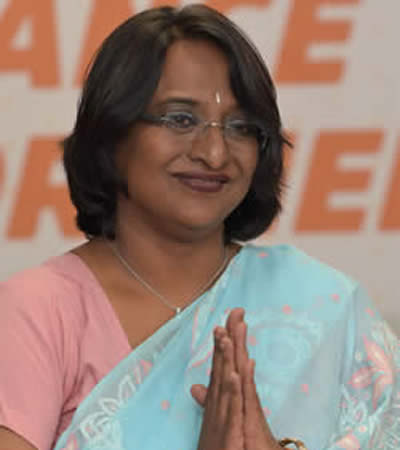
In 2001, he was appointed Ambassador to Egypt. He came back in 2004 to assume responsibility as Special Advisor to the Ministry of Agro-Industry until 2005. In 2010 he was designated as Permanent Representative to the African Union. From 2015 to 2019, he served as Ambassador of Mauritius to the United States of America with concurrent accreditation to Canada, Guyana, Trinidad and Tobago, Brazil and Mexico. During his tenure of office, he also held the post of Chairperson of the Economic Development Commission of the African Diplomatic Corps. He also participated in several high level conferences at the World Bank, the International Monetary Fund and represented Mauritius for the AGOA Meetings.
After taking the oath, he stated that he is deeply honoured to be entrusted the responsibilities of the Assembly and he indicated that he will be impartial. Zahid Nazurally, elected in the Constituency No.10 (Montagne Blanche/GRSE) has been designated as the Deputy Speaker.
Other parliamentary posts
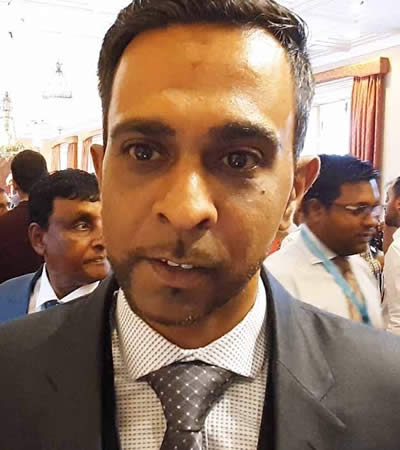
Naveena Ramyad, member of ML, has been designated as Chief Whip. It is the first time that a woman has been given the role of Chief Whip. She sees this post as being full of challenges. “I have been in politics for a long time and it is a culmination of commitment. I want to contribute even more and bring my personal touch in my new role. I am sure that there are professionals and respect will prevail.” Kenny Dhunoo Soobeersingh, MP of Constituency No.17 (Curepipe/Midlands) has been elected as Deputy Chief Whip. The Deputy Chairman of Committees is Vikash Nuckcheddy.
Kavi Doolub, Ashley Ittoo, Buisson Léopold, Subashnee Luchmun-Roy, Sandra Mayotte and Joanne Tour are the back benchers on the government side.
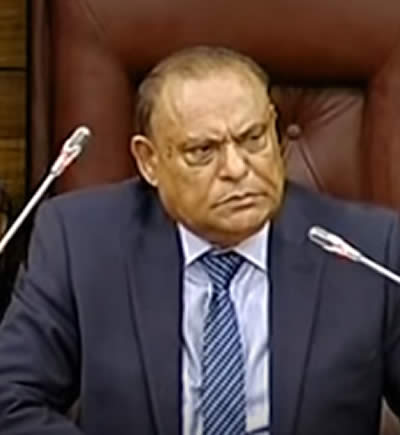
Front Bench
The front bench comprises of Pravind Jugnauth as Prime Minister, Ivan Collendavelloo, Deputy Prime Minister and Minister of Energy, Leela Devi Dookun-Luchoomun, Vice-Prime Minister and Minister of Education, Anwar Husnoo, Vice Prime Minister and Minister of Local Government, Disaster and Risk Management, Alan Ganoo, Minister of Land Transport and Light Rail, Renganaden Padayachy, Minister of Finance, Nando Bodha, Minister of Foreign Affairs, Regional Integration and International Trade and Steven Obeegadoo, Minister of Housing and Land Use Planning.
Opposition
Arvin Boolell is assuming the role of the leader of Opposition. Shakeel Mohamed is the Whip of the Opposition. The other members of the front bench are Patrick Assirvaden and Ritish Ramful. On the MMM side, the front bench members are Paul Bérenger, Reza Uteem, Rajesh Bhagwan and Arianne Navarre-Marie.
Chagos : strong commitment to implementing a programme for urgent resettlement
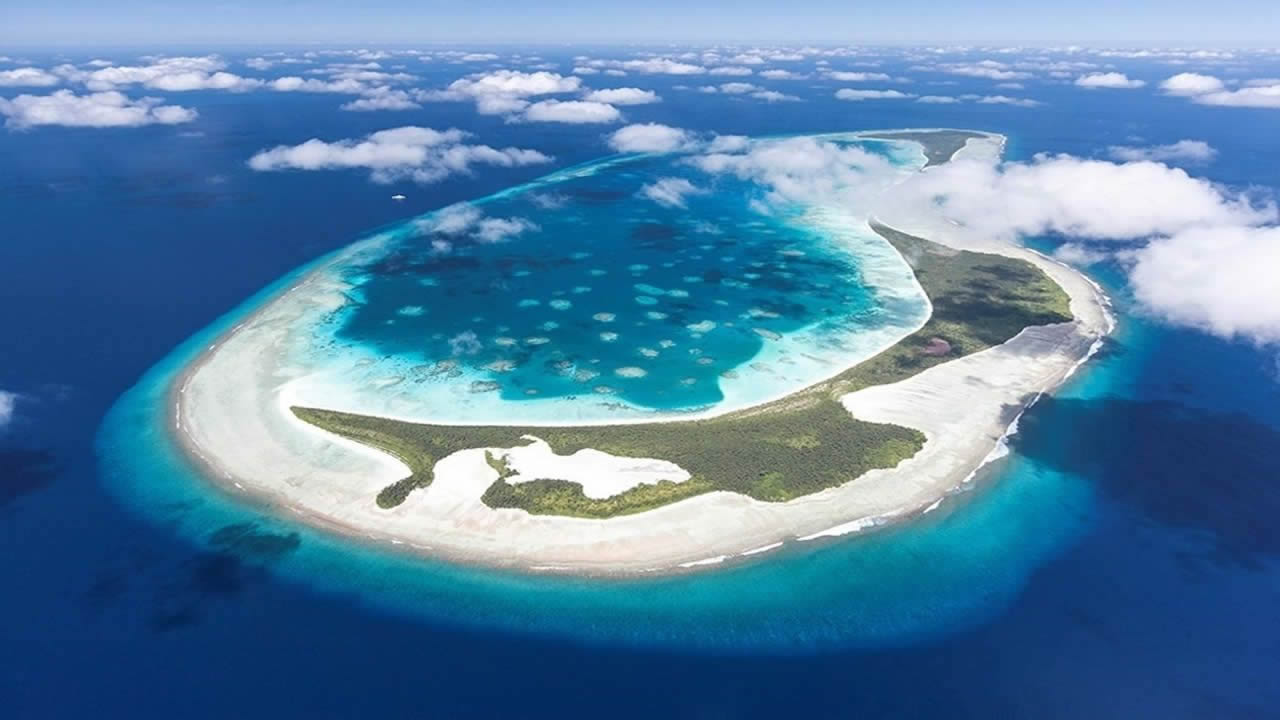
Mauritius’ fight to recover the Chagos Archipelago was one of the topics discussed by the Prime Minister in the National Assembly during the first parliamentary session. He stated that his government has greatly valued the close relations between Mauritius and the United Kingdom but the government is deeply disappointed that in recent replies to parliamentary questions in the House of Commons and in a written statement on 5th November 2019 to the UK Parliament, the UK Government has made clear that it does not intend to withdraw its unlawful administration from the Chagos Archipelago by the deadline set by the General Assembly. “Government strongly deplores that the United Kingdom has chosen to reject the Advisory Opinion of the International Court of Justice and United Nations General Assembly Resolution 73/295 when it has clearly violated international law. In so doing, the United Kingdom has resorted to groundless arguments, calling into question the authority of the highest court of the world and the United Nations system as a whole. This situation clearly leaves the United Kingdom as an illegal colonial occupier.”
He affirmed that the United Kingdom has been repeating that it does not share the approach of the International Court of Justice and that the Court failed to give sufficient regard to some material facts. “It is a fact that the United Kingdom is fully aware that the Court carefully considered thousands of pages of factual material and legal arguments, and heard oral submissions from more than thirty States, including the United Kingdom, and the African Union over four days. The Court carefully examined these facts before reaching its conclusions. In other words, it is the Court that has not shared the approach of the United Kingdom.”
The Prime Minister maintained that the government will continue to be relentless in its efforts to complete the decolonization process of Mauritius. “It also remains strongly committed to implementing a programme for urgent resettlement in the Chagos Archipelago. The systematic refusal by the United Kingdom to allow the former residents of the Chagos Archipelago to return is a particularly grave matter. It violates their most fundamental human rights.”
Moreover, he highlighted that government will also pursue its efforts to challenge the United Kingdom’s membership as a coastal State purporting to represent the Chagos Archipelago in all UN bodies as well as in international, regional and intergovernmental organizations pursuant to paragraphs 6 and 7 of UN General Assembly Resolution 73/295. “In this regard, we also look forward to the Secretary-General’s report on the implementation of this resolution which, we understand, is expected in March/April 2020.”
He concluded that the government deeply appreciates the support which Mauritius has received from the African Union and other countries and counts on their continued support for the rapid completion of the decolonization process of Mauritius.
Objection to be in Indian Ocean Tuna Commission
After the sessions, the Prime Minister Pravind Jugnauth answered the questions of journalists on the Chagos. He stated that a few actions have already been taken against the UK. “We have already objected to the presence of England on the Indian Ocean Tuna Commission. England is no longer eligible to sit on this Commission.” The Indian Ocean Tuna Commission (IOTC) is an intergovernmental organization responsible for the management of tuna and related species in the Indian Ocean.
Increase in old age and other basic pensions
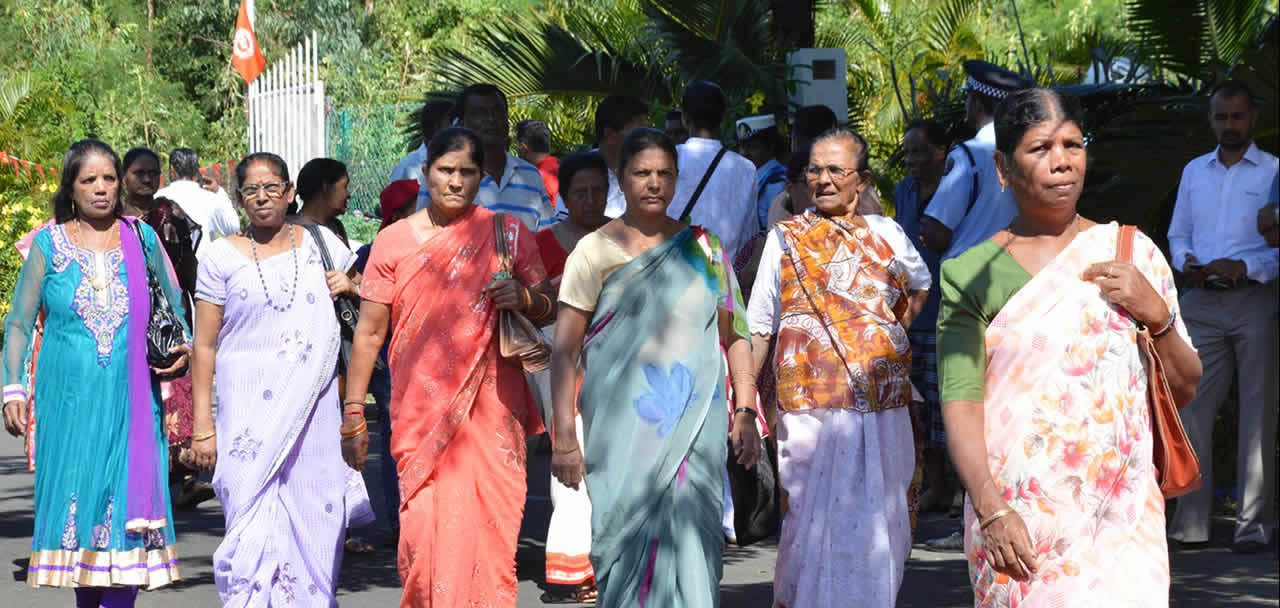
Another statement made by the Prime Minister is the increase in the rates of basic pension as pledged in the electoral manifesto. The increase will take effect as from 1st December 2019 as announced by the Prime Minister.
Some 220,484 pensioners aged between 60-89 will benefit from an increase of Rs 2,790 in their monthly Basic Retirement Pension from Rs 6,210 to Rs 9,000, representing an increase of 44.9 percent and an increase of Rs 5,377 when compared to the monthly rate of Rs 3,623 in November 2014.
Moreover, some 4,264 pensioners aged between 90-99 years will henceforth draw Rs 16,710 while some 157 centenarians will draw Rs 21,710. Around 18,501 Widows and 32,702 Basic Invalidity Pensioners will also draw Rs 9,000 per month.
Additionally, basic orphans pension for children under five years who are not in full time education will be increased from Rs 3,710 to Rs 5,000, that is an increase of Rs 1,290 equivalent to 34.7% and those aged three years and up to 20 years in full time education from Rs 5,210 to Rs 7,000, that is an increase of Rs 1,790 equivalent to 34.3% per month.
The Prime Minister also stated that they are increasing the Carer’s Allowance for beneficiaries of Basic Retirement Pension and those drawing invalidity allowance from Rs 3,000 to Rs 3,500 with effect from 1st December 2019. Besides other allowances, namely Child Allowance, Guardian’s Allowance, and Inmates Allowance will be adjusted for some 54,779 beneficiaries.
A beneficiary of basic pension will draw a total of Rs 18,000 for the month of December 2019, which includes the payment of end-of-year bonus. The increase in the rates will benefit a total of some 331,333 persons.
 J'aime
J'aime














